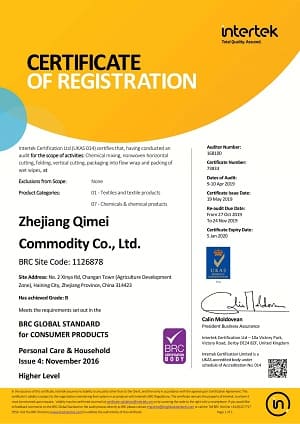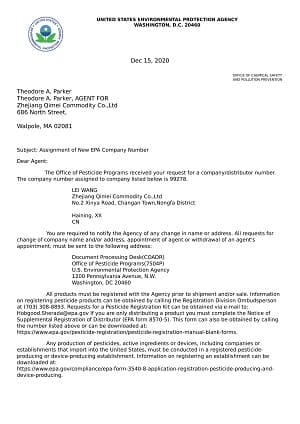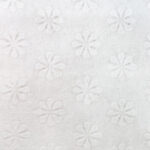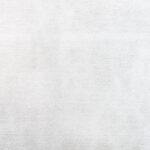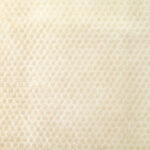Spunlace onwoven Fabric Type: Polyester,Poly -Viscose Blend material, Bamboo Fiber, Wood Pulp(Flushable), Cotton or Soy Fiber(Biodegradable)
Flat or Textured( Your Own LOGO is available)
Grammage: 30-80gsm
1/10/30/80/100/120/160 pcs/pack
The most common size of Biodegradable wipes is around 7-8 inches by 6-8 inches (18-20 cm by 15-20 cm). This size is convenient for single-use and provides enough surface area to clean and freshen the external genital area. However, some intimate wipes may be smaller or larger than this standard size to cater to specific preferences or needs of consumers.
1. Plastic resealable bag: This is the most common type of wet wipe packaging. It is made of plastic and has a resealable strip on top to keep the wipes fresh and moist.
2. Flip-top lid container: This type of packaging consists of a plastic container with a flip-top lid that can be opened and closed to access the wipes.
3. Soft pack with plastic flip-top lid: Similar to the flip-top lid container, this packaging comes in a soft pack and has a plastic flip-top lid for easy access.
4. Pop-up dispenser: This type of packaging features a pop-up dispensing mechanism that pulls out one wipe at a time.
5. Travel pack: A small packaging designed for on-the-go use, it often comes with a plastic snap closure.
6. Single-use packaging: These wet wipes come in small, sealed packets which are convenient for travel or outdoor activities.
7. Refill bag: This larger size packaging is designed to refill other wet wipe containers, and usually has a resealable opening.
Bamboo: Bamboo is a fast-growing and renewable resource that is often used as a material in biodegradable wipes. It is naturally antibacterial and hypoallergenic, making it a popular choice for wipes used in personal care and baby care products.
Cotton: Cotton is a natural fiber that is biodegradable and compostable. It is often used in the formulation of biodegradable wipes for personal hygiene and cleaning purposes.
Wood pulp: Wood pulp is another natural material that is commonly used in the formulation of biodegradable wipes. It is often used as a base material for wipes, and can be combined with other natural fibers for added strength and absorbency.
Biodegradable Certification: This certification ensures that the product meets certain standards for biodegradability, meaning that it can break down into natural components in the environment without causing harm.
Compostable Certification: This certification ensures that the product can be composted and will break down into nutrient-rich soil that can be used for gardening and agriculture.
Forest Stewardship Council (FSC) Certification: This certification ensures that the materials used to make the product come from responsibly managed forests that prioritize sustainability and conservation.
European Ecolabel: This certification is a voluntary label that indicates that the product meets certain environmental standards, such as reduced water usage and lower emissions.
Cradle to Cradle Certification: This certification evaluates the sustainability of a product across its entire lifecycle, from materials sourcing to production, use, and disposal.
ISO 14001 Certification: This certification is an international standard for environmental management systems, ensuring that the manufacturing process is environmentally responsible and sustainable.




